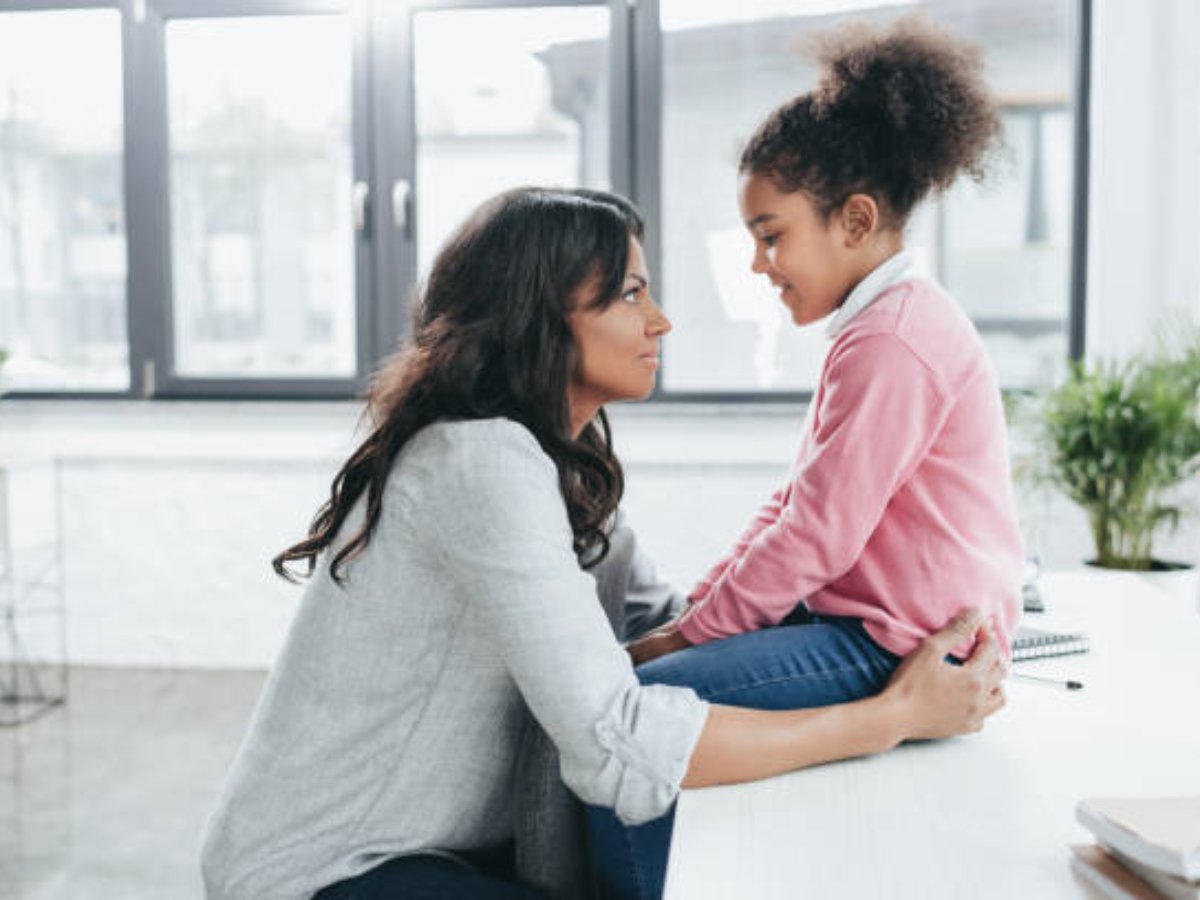
Having a crush is not peculiar, but when we hear a 10 year old kid talking about having a crush we often don't know how to respond to that. Developing feelings for a classmate or a fellow friend, and having romantic thoughts is something that comes to a kid with the beginning of teenage years.
However, due to overexposure to social media, TV, and various other content platforms, the age factor has reduced a lot when it comes to romantic thoughts.
Kids as young as 8-10 years old do not hesitate talking about their crush; the very word “crush” is “a good friend” for them, mostly; but as adults sometimes we are unable to understand it. Generation gap, and being already exposed to the sweet and bitter sides of romance we are unable to process it properly when our child talks about having a crush on someone.
Read: Commonly used phrases which can actually have adverse effects on your kid
We at ETimes spoke to Dr. Aarti Bakshi, Developmental Psychologist and SEL Consultant at SAAR Education, on how normal it is for kids to have a crush, how adults should talk to children about crush and many other such questions.
Is it normal for a child as young as 10 year old to have a crush?
Crushes are affections that early adolescents display for their someone special. Even children in kindergarten may have someone they like sitting with, sharing toys with and playing with . Crushes are described like ‘lots of butterflies in the tummy, I feel like spending time only with this classmate ’, ‘ I feel giddy with happiness when she is around ’, ‘ I feel like smiling and laughing when he is around’ are few of the responses of 10 year- olds. Children as young as 6 are also known to have crushes.
Expressing crushes usually ends at feeling happy when someone special is around, and an innate desire to be with that person. Physical intimacy is not a crushing feeling. Although holding hands, sitting with someone may be seen.
How to talk about crushes?
As young teens and pre teens, parents also must have also had crushes. Maybe on an actor, celebrity, neighbor or a classmate, and so the need is to not have a reactive response. A crush may last from a few hours to a few days, so either the parents allow the crush to blow over or there’s another way. Talk about their feelings, treat it as normal and be listeners.
What should be the first response when you find out about your child's crush?
Everyone wishes to be heard. Children, adolescents want that too. So listening to your child in an informal setting and talking about the feelings helps a child express. Completely avoiding shouting, reacting strongly or teasing may cause embarrassment or even humiliation to your child. So ideally, parents should listen in a calm way.
How to proceed with discussions about crush?
Here are a few tips which have been known to work for a conversation between a parent and a child, on crushes
a) Parents calm yourself - As adults one needs to take hold of the initial reaction of fear, anger, surprise and denial; amongst others. Take deep breaths in and out and remember how all emotions are acceptable.
b) Hear and converse- Allow the child to express and do not ‘jump to conclusions’. Accept their conversation. Avoiding talking and accepting your child’s feelings confuses them. A crush is exciting, and new and usually transitory and passes through.
Listening to your child, acknowledging them helps their thinking brain to continue to evolve. It also helps them realize that their feelings, their words are important to you.
What are the red flags in the discussion?
a) Not being cautious with your words- Stay away from words that might hurt the child, accusatory words can affect a child's self- esteem.
b) Sharing their secrets with all - It seems as a breach of trust to a child when words spoken in confidence are used as teasing openly or spoken about carelessly.
c) Distract and be there- When a child rides over crush and has another interest, accept the situation. If the crush is not interested in your child being there for your child provides support. Involving your child in other areas of interest like painting, sports, music and spending time helping at home also helps in having a layer of conversations.
What is the biggest parenting mistake that should be avoided in this case?
Mistakes help us learn and a growth mindset is the way out. Crushes are also a way to self- explore oneself, self awareness leads to self- management.
Immediate concern of a child’s crush should not morph the overview that everything children learn is by experimentation. Relationships start with knowing and loving yourself ; and leads to liking someone else . Parents mirror every action a child shows. Emotions churn and throw surprises and parenting is a job that is learnt while practicing. Fear laden conversations or threats are an absolute no- no. The purpose of a crush is to converse and express one's feelings. So let an emotion be expressed and of course parents watch out for the intentions, age difference and activities your child indulges in with his/ her crush. A journey starts with a single step, so supporting a child verbally and non- verbally is part of the conversations. Let’s humanize every emotion.







